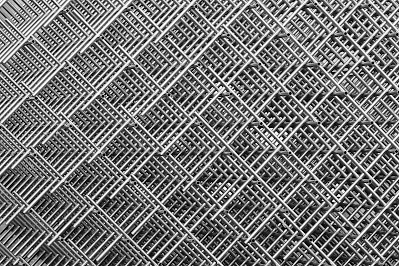T 1370/15 - A board is allowed to introduce common general knowledge without evidence also in inter partes

The use of grids is well known in the art
After his patent was revoked in opposition, the proprietor filed an appeal. The opponent (respondent) did not make any submissions in response to the appeal. The board was not convinced that the appellant's requests were inventive taking the common general knowledge of the person skilled in the art into account. In particular, the common general knowledge should not be restricted to the material presented in the first-instance proceedings or the oral proceedings by the appellant.
The board provided the following catchword:
Not only in ex parte-, but also in inter partes appeal proceedings, a board is allowed to introduce new ex officio common general knowledge without evidence of such knowledge which prejudices maintenance of the patent, to the extent that the board is knowledgeable in the respective technical field from the experience of its members working on cases in this field. (See Reasons, point 5.3)
(emphasis added)













